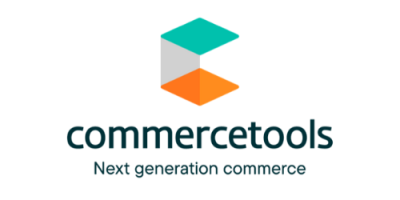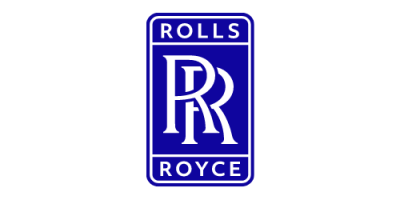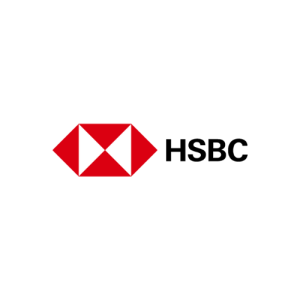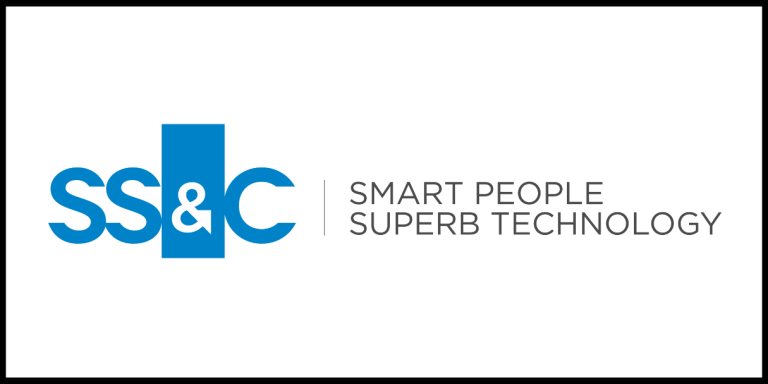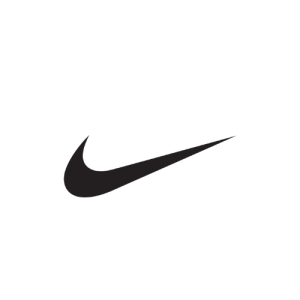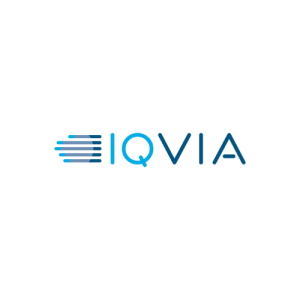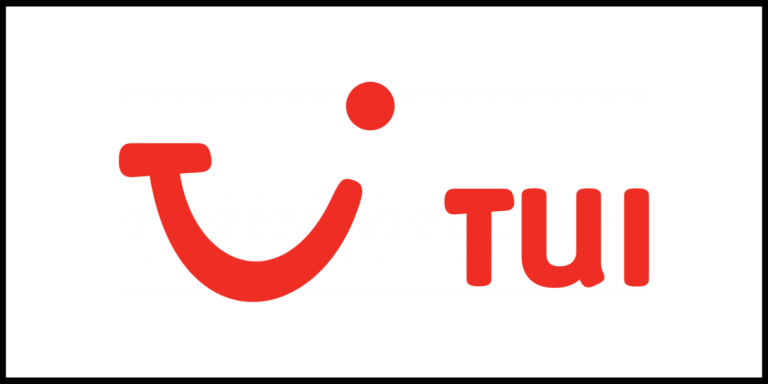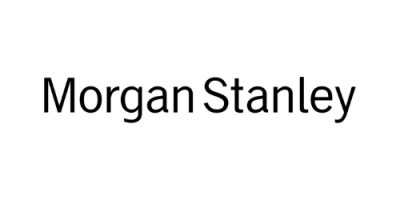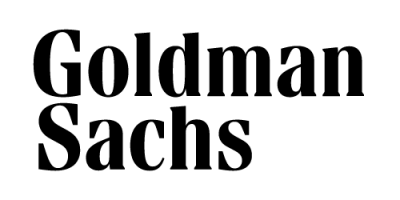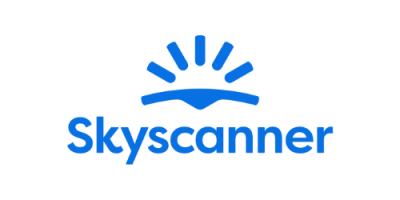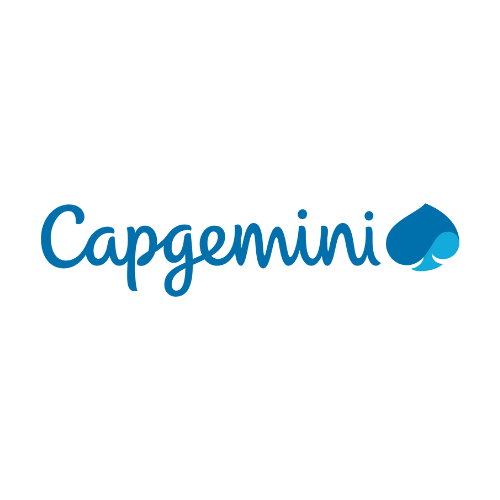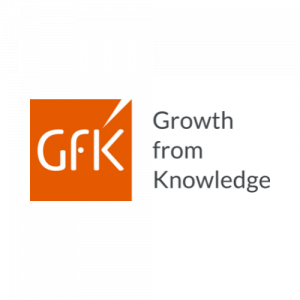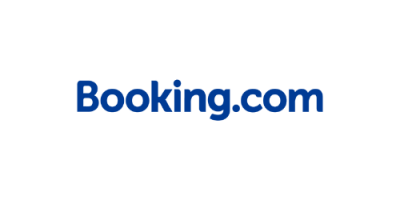From Medic to Tech: CFG Ambassador, Rebecca Walker’s Story
Home » From Medic to Tech: CFG Ambassador, Rebecca Walker’s Story
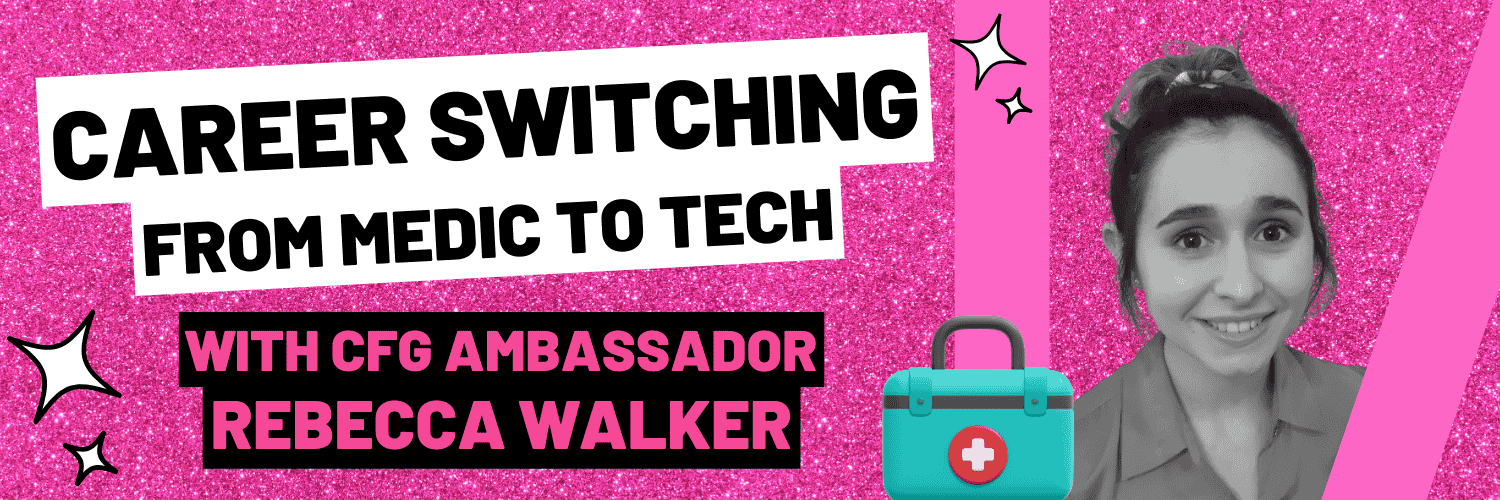
From Medic to Tech: CFG Ambassador, Rebecca Walker’s Story
Code First Girls Ambassador Rebecca shared how CFG Tech Tasters and Kickstarter courses helped facilitate her career switch from medicine to tech. Rebecca also shared how she’s been finding her role as Software Engineer @ Wise, and shares advice for other aspiring career switchers. For more of Rebecca’s journey, feel free to connect with her on Linkedin!
THE HOT SIX QUICK FIRE QUESTIONS!
Favourite coding language?
Java
What is your drink of choice for coding?
Pepsi Max
Desk setup – RGB, Minimal or my aesthetic –
Everything must be pink
If you had to only use one for life: Laptop or PC?
Laptop
Are you most productive in the morning or evening/night?
Neither – I am productive in random, short bursts supported by copious amounts of caffeine
What do you listen to whilst you code and where? Spotify, radio, vinyl or fave CD?
Some dramatic classical music in a few locations – my desk, a coffee shop, the library. I like to switch it up.
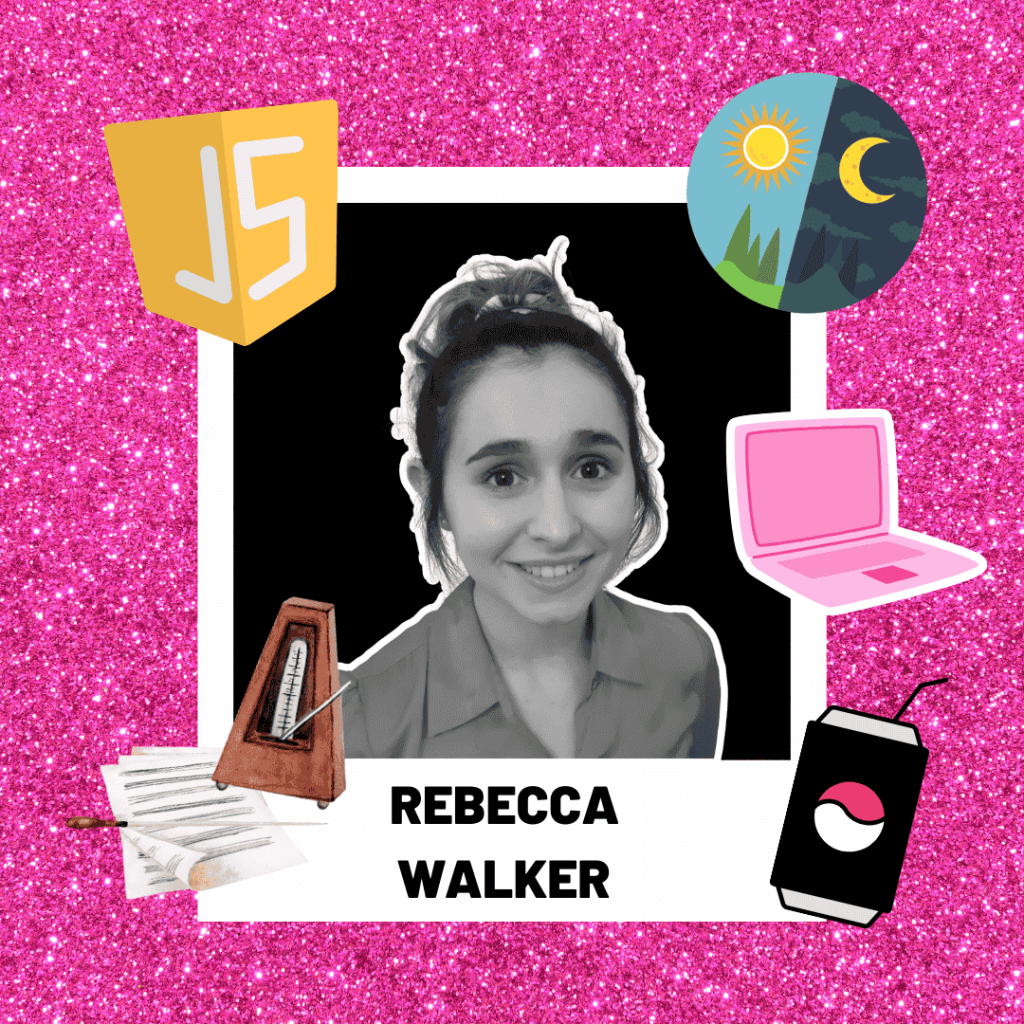
Hi Rebecca! Please tell us about yourself and why you wanted to be a CFG Ambassador.
After six years of studying medicine, I realised I did not want to become a doctor. I wanted a career where I could be both technical and creative, working in a sector I feel is genuinely exciting; with the boom of AI and a consistent stream of shiny new tech, I landed on technology. Shortly after graduating, I did a 13-week software engineering bootcamp, covering both front-end and back-end technologies. I worked as a technical advisor in my old medical school before landing my current role as a graduate software engineer at Wise.
Having female role models wherever I worked has always been important to me, in medicine as with tech. Being able to see people who look like you in a position that you hope to be in 10 or 20 years shows you the building blocks of how to get into those positions. Completing courses with CFG not only built my technical skills but also introduced me to a huge network of women at different parts of their career journeys that I can lean on and support. I really believe in CFG’s mission and I’m very excited to be an Ambassador!
Can you please share how you got into tech, what were your influences along the way, and what impact did they make to your career?
I got into tech after doing a software engineering bootcamp, which taught me some of the most highly sought-after skills in the sector. I think my biggest influence along the way was CFG, because the Tech Taster and women who did them with me were enthusiastic and driven, even when I was exhausted and felt like I wasn’t getting anywhere. It took me months to land a role I really wanted. After a few more months of honing my skills, I landed a graduate role at a company I love the energy and ethos of.
At that time, I felt really deflated and anxious that I had made the wrong decision. In my lowest moments, I did genuinely wonder if I had just thrown away six years of study (let’s not even mention the debt!) for nothing. Having total strangers big me up was a boost I really needed at that time. It gave me the energy to keep on learning, keep on applying, and keep on trying until I landed where I wanted to be.
“I think my biggest influence along the way was CFG, because the Tech Taster and women who did them with me were enthusiastic and driven, even when I was exhausted and felt like I wasn’t getting anywhere.”
Congratulations on your Graduate Software Engineering role at Wise! Could you tell us a bit about your role, and how you’ve been finding it so far?
My new role is in the Continuous Delivery team, where we work to develop safe, automated release strategies for deploying code at Wise. I’m only a few weeks in but I would say it’s been quite a whirlwind so far! I’ve gone from tinkering away on my own little projects to working with huge codebases and hoping my changes don’t unexpectedly break something. One thing I’ve really appreciated as I’m settling into my new role is having a supportive team. None of my questions are too silly and everyone is willing to jump in when I need a hand. I know I have a big learning curve ahead, but I feel like I’m in a team where I have the space to learn what I need to know to be good at what I do.
Something I’ve found quite difficult is all the new terms, technologies and acronyms (why does everything have an acronym?!). It can be really overwhelming not only being in a new environment, but feeling like you don’t speak the same language. To help make this a bit easier, I started a word document where every time I hear about something I’m not familiar with, I pop it into the document and, when I have some time, write up a definition for it later. It has been good to refer back to and the ever growing length reminds me just how much I’m learning, especially when I feel the ever familiar imposter syndrome creeping in.
Can you describe a specific challenge you faced during your transition, and how you overcame it?
The biggest challenge I faced switching sectors was that I did not know anyone in the tech sector. I discovered, in fact, that I did not know anyone in any other sector apart from medicine. My friends were going to be doctors. My mentors were doctors. When I went to talk to my university about getting into a different sector, I was mostly met with a shrug of the shoulders and ‘how about academia?’. There was no clear road ahead or way to get to where I wanted to be.
The best thing I did to work out my path and build connections with people in tech was go to events and speak to people in companies I wanted to work at. Putting myself in front of people and making myself a person, rather than just a name on a CV opened up new doors. I got a lot of advice from people in the industry, and at one event a lovely woman even reviewed (and improved) my CV for me. Putting myself out there felt intimidating, but I was not going to get anywhere hiding behind a screen.
Putting myself out there felt intimidating, but I was not going to get anywhere hiding behind a screen.
What impact did taking part in the Coding Kickstarter Classes and Tech Tasters have on your career change?
The hardest thing I have found about tech is there is always something new. Every few months your skills can become outdated so you have to keep learning to stay on trend. Doing courses with CFG helped me stay current and introduced me to topics that I may not have considered. For example, my bootcamp did not include much at all about cybersecurity but it is the backbone of a lot of software companies! Almost every single company needs to protect data and respond to ever-evolving virtual threats.
CFG offered a Cyber Security Tech Taster that taught me a lot of key concepts, how I should be considering security when I build anything, and that my passwords were really quite awful (but have since improved). I have done courses on Machine Learning, Python, and SQL and I’ll continue to do courses because there is always an opportunity to learn more and broaden my knowledge.
Are there any key differences you have felt since starting your new career/since your career change?
I think the biggest difference between tech and medicine for me is the environment. Between working in hospitals and GP surgeries, they were always short of space. Some teams I worked with did not even have a designated room, but actually worked from a storage cupboard (I am not joking).
In my previous role as a technical advisor, I have the flexibility to work from home and change up my workspace as I like. In my graduate role, the company has a lovely office space or I can work from home. It has massively improved my mood.
The technical skills I needed for the industry could be learned - the soft skills had been honed over six years and made me stand out for the right reasons.
Were there any skills or experiences from medicine that you found surprisingly applicable to your current role/tech?
I think one of my biggest worries going into tech was that I did not have any useful skills from my degree that I could use. Who cares how great I am at getting a cannula in? The answer is really no one in tech, but I was focussing on the wrong set of skills I developed anyway.
The softer skills, like teamwork, communication, and working under pressure have actually taken me a long way and put me ahead of where some people with a more typical background are. The technical skills I needed for the industry could be learned – the soft skills had been honed over six years and made me stand out for the right reasons.
What advice would you give to someone from a non-technical background who is considering a career switch to tech?
My advice would be to give yourself a month. When I started coding, I had no idea what was going on. I would have about as much luck understanding Greek as I did Java or JavaScript – it really felt like a completely different language. But don’t measure your initial progress by how much you know after an hour or a day. The progress to truly understanding not only what is happening but why is much more incremental. So, stick with it for a month. Then two. Compare what you know now to what you knew back then and you’ll appreciate how far you’ve come.
Thank you Rebecca!
Thank you to Rebecca for sharing her insights navigating her career switch from teaching to tech! Click here for more Code First Girls community stories and blogs! 🤩
Interested in dipping your toes into coding? Check out CFG’s Tech Tasters and Coding Kickstarter Classes!


